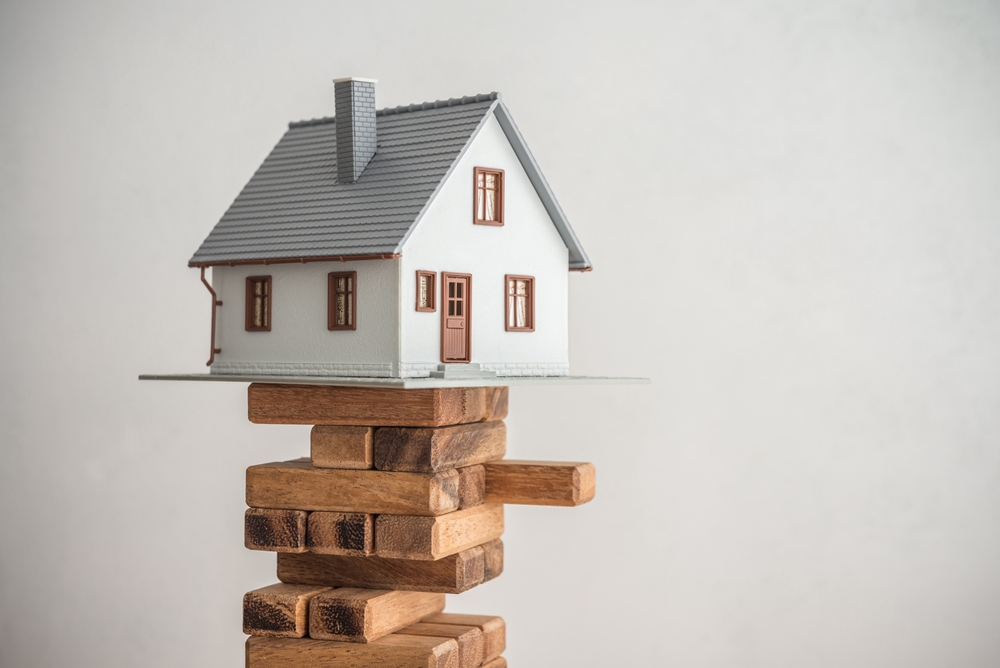How Home Values Are Calculated: A Practical Guide
Curious what your house is really worth? This guide breaks down property valuation—covering market influences, appraisal techniques like CMA, cost and income approaches, and the role of automated valuation models (AVMs). Learn when to trust online estimates and how to boost your home's value with targeted improvements.

How Home Values Are Calculated: A Practical Guide
Factors That Shape a Home’s Value
A home’s worth is determined by a mix of local, property-specific, and broader economic forces. The health of the economy, prevailing interest rates, and the strength of the local job market shape buyer demand and pricing trends. Neighborhood changes — new parks, schools, transit links, or retail — often lift nearby property values, while negative shifts such as rising crime or the loss of major employers can depress prices.
Property-level elements matter just as much. Size, age, condition, layout, and distinctive features (a modern kitchen, extra bathrooms, or energy-efficient upgrades) directly influence buyer perception and market price. Curb appeal and regular upkeep also play an outsized role: first impressions and visible maintenance issues can swing a buyer’s offer.
Common Valuation Methods
Real estate professionals use several established techniques to estimate value, each suited to different scenarios.
Comparative Market Analysis (CMA)
This is the most frequently used approach for residential sales. Agents compile recent sales of similar nearby homes and adjust for differences—square footage, condition, lot size, and amenities—to arrive at a competitive estimated price. CMAs work best in active markets with plenty of comparable transactions.
Cost Approach
This method calculates what it would cost to rebuild the structure today, then adds the land value and subtracts depreciation. It’s especially helpful for newer properties or unique builds with few comparables, such as custom homes or new construction.
Income Approach
Primarily applied to rental and investment properties, the income approach bases value on the property’s ability to generate revenue. It uses metrics like gross rental income, expenses, and capitalization rates to estimate worth.
| Valuation Method | Best Used For | Typical Cost Range (Estimate) |
|---|---|---|
| Comparative Market Analysis (CMA) | Residential resale in active markets | Often free with an agent; some reports $100–$500 |
| Professional Appraisal | Mortgage underwriting, complex or high-value homes | $300–$700+ depending on property and region |
| Cost Approach | New or unique properties | Included in appraisal fees; rebuild estimates vary |
| Income Approach | Investment or rental properties | Included in commercial/residential appraisals; fees vary |
Cost Disclaimer: Fees vary by market and provider; the figures above are estimates only.
Automated Valuation Models (AVMs): Fast but Imperfect
Automated valuation models use algorithms and large datasets to produce rapid estimates. AVMs analyze recent sales, tax records, property characteristics, and price trends to generate a value without a physical inspection. Their speed and low cost make them attractive for quick checks, portfolio monitoring, or preliminary research.
However, AVMs have limits. They may miss recent renovations, unique interior features, or local market subtleties such as a nearby development or zoning change. In low-transaction neighborhoods or for distinctive properties, AVMs can be significantly off. Think of them as a convenient starting point rather than the final word.
How Reliable Are Online Home Estimates?
Online estimates can offer a useful ballpark figure, but accuracy varies. Studies and industry reports show errors can reach 20% or more in some cases. Reliability improves in neighborhoods with frequent sales and many similar homes, where algorithms have ample data. For unique properties, rural locations, or areas with rapidly changing markets, online valuations are less dependable.
When you use an online estimate, treat it as a data point. Compare it with recent local sales, ask a real estate agent for a CMA, and consider a formal appraisal if you need a precise figure for a sale, refinance, or legal matter.
Why Professional Appraisals Still Matter
Lenders typically require a licensed appraisal to back a mortgage because a human appraiser provides a documented, defensible opinion of value. Appraisers visit the property, evaluate condition, note upgrades and deficiencies, and use comparable sales or other approaches to arrive at a conclusion.
Their local market expertise and ability to account for one-off features, neighborhood nuances, and physical condition make appraisals especially valuable for complex transactions, high-value homes, or when AVMs and online tools disagree.
Practical Steps to Increase Your Home’s Value
While you can’t control economic cycles or neighborhood-wide changes, homeowners can take actions that often yield a positive return:
- Focus on kitchens and bathrooms: renovations in these areas typically deliver strong value gains.
- Maintain the property: address minor repairs, keep systems serviced, and fix cosmetic issues to prevent value erosion.
- Improve energy efficiency: better insulation, double-pane windows, and modern HVAC or solar panels attract buyers and can boost resale value.
- Enhance curb appeal: landscaping, exterior paint, and a tidy entrance make a powerful first impression.
- Document upgrades: keep records and receipts for renovations so buyers and appraisers can verify improvements.
Combining Tools for the Best Estimate
No single method is perfect. For most homeowners the best approach is to combine multiple sources: start with online AVMs for a quick benchmark, review a CMA from a local agent for market context, and obtain a formal appraisal when precision is required. This layered strategy brings speed, local insight, and professional rigor together, giving you the clearest picture of what your property is truly worth.
Understanding home value is essential whether you’re selling, refinancing, investing, or just curious. By recognizing the strengths and limits of each valuation method and taking steps to enhance your property, you’ll be better positioned to make informed real estate decisions.






